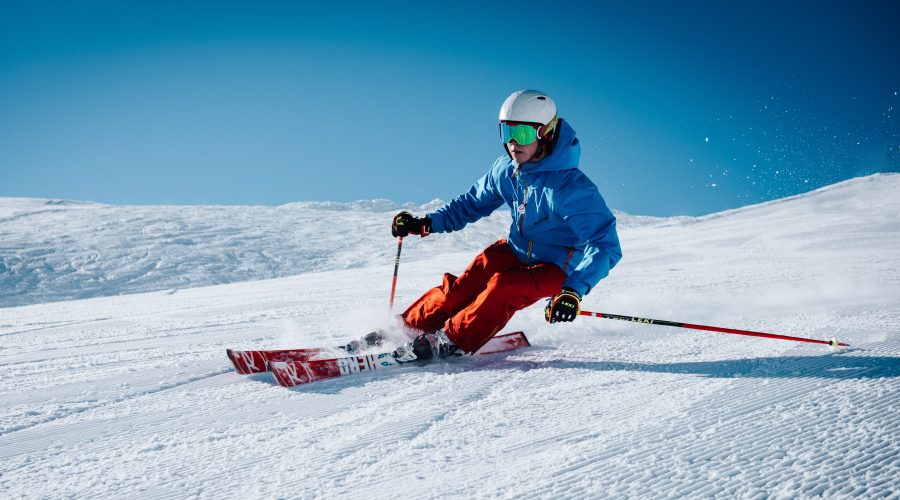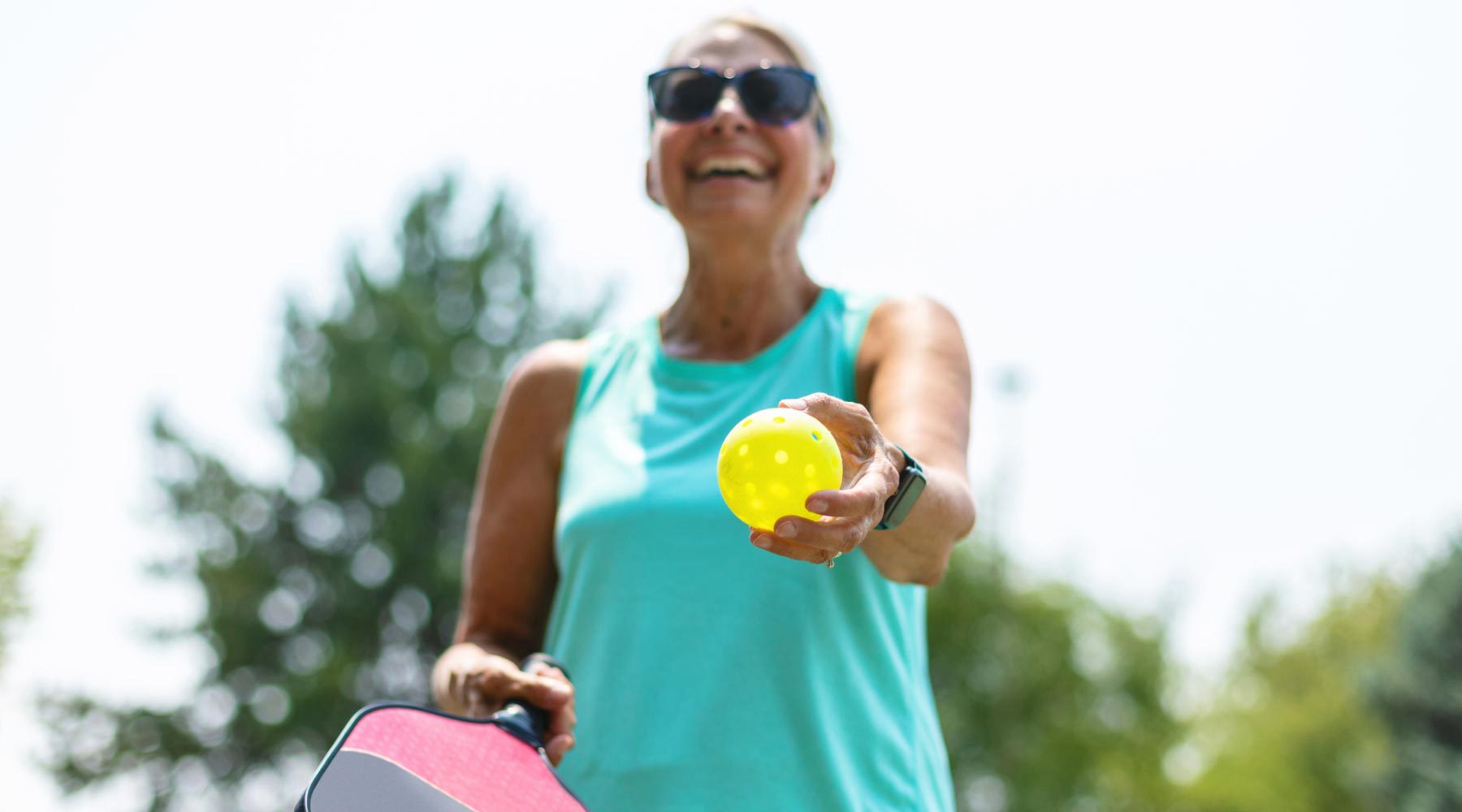
The flurries have started here in New Hampshire. For the better part of a month, the mountains have been busy creating and blowing snow to get their businesses up and running, and ready for ski and snowboard season. Skiers of every skill level are getting amped up and ready to tackle the terrain for sport, casual weekend fun, and everything in-between.
We hope that you’ve all made an effort to inspect your equipment and make arrangements for proper (and necessary) maintenance and tuneups to your skis, snowboards, binding, and boots. After all, faulty equipment can lead to catastrophe when you’re up there navigating the mountain. For example, if you’re a skier that picked up a new (to you) set of skis at a summer yard sale, or blowout extravaganza at the local shop, it’s not smart to simply step into your new setup and start shredding the slopes. You need to ensure the proper DIN setting is accounted for on your bindings (that little window with the numbers in it). There are variables that go into that setting, including your height, weight, level, and boot size. Not having this critical component appropriately adjusted can result in a significant knee injury. And none of us want to undergo arthroscopic surgery to repair a knee injury that could have been prevented in the first place.
Skiing and snowboarding are favorite winter activities, but, given the nature of the sport, these can also be one of the most dangerous in terms of experiencing an injury. Given the trajectory and terrain, sports injuries to the knee, shoulder, arms, legs, and head as a result of skiing and snowboarding are usually the product of a serious spill, fall, or collision caused by the speed and uncertainty of flying down a mountain on a slippery surface. It’s hard to regain control once it’s been lost, so staying focused and having proper equipment are your best modes of preventing serious injury.
Other Ways to Stay Safe and Avoid Risk
Some of the most common factors that can lead to skiing or snowboarding injuries:
- Length of time spent on the slopes without rest
- Navigating terrain more challenging than ability level
- Improper fitting or faulty equipment
- Dehydration or fatigue
- Skiing or snowboarding off-trail or out of bounds
- Failure to follow warning signs or mountain responsibility codes
We know we’ve spent the entire time discussing skiing and snowboarding here, but a lot of the sentiment and advice throughout also lends itself to skating. We love to skate here in the northeast, but when you think about it, skating offers a similar degree of danger and potential traumatic injury as skiing and snowboarding. You’re literally standing and gliding on a set of blades. Make sure those skates are sharp for better control, and be aware of your surroundings. The last thing you want to do is lose control and figure out the best way to soften the blow of a potential crash. We’ve all been there (if we’ve been skating).
Another consideration would be to keep rest in mind. Our own Dr. Davis has this to say:
“What we don’t always think about before we hit the slopes is whether or not our body is ready for the focus and endurance that snow sports require. Skiing or snowboarding often requires a trip to a higher altitude environment. Living close to sea level, our bodies can require time to adjust to high-altitude conditions. This may lead to fatigue, nausea, dizziness, or muscle weakness.”
So listen to your body, and give it the time it needs to acclimate itself to the environment.
Injured? Access Sports Medicine Can Help
In any event—be it skiing, snowboarding, or skating—if you suffer an injury and are unsure of how serious it is, consult a professional. Access Sports Medicine is here to provide you with the care necessary to rule out any long-term lingering (or progressing) issues that can arise from a winter sports injury. Don’t shrug it off; give it the necessary attention to heal properly.
So be safe out there. Be mindful of your surroundings, and listen to what your body is telling you. Enjoy the winter, and if you need help in any way, give us a call!



